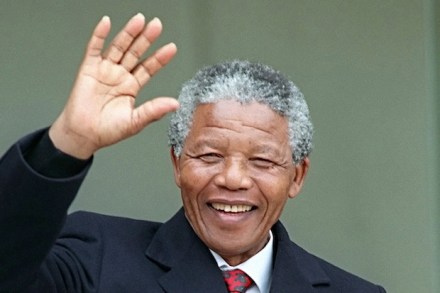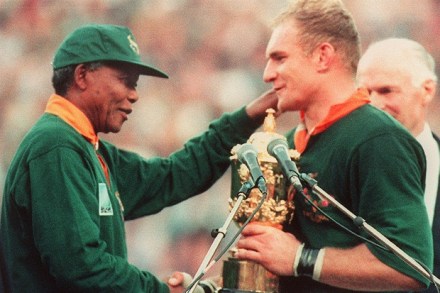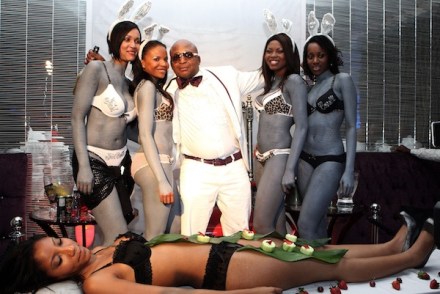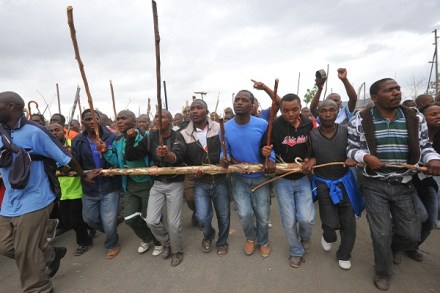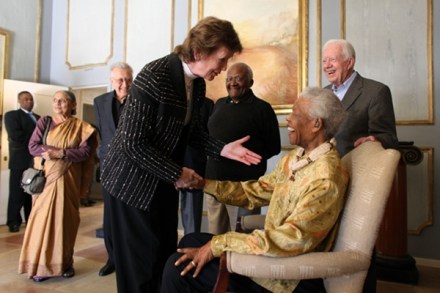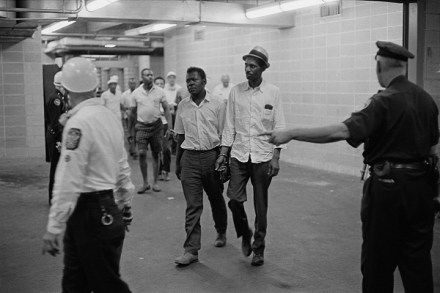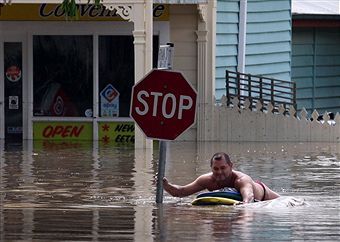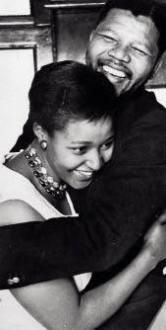What did you do in the struggle, daddy? The real story of Nelson Mandela and the communists
Reading the obituaries last Friday, one was left with impression that Nelson Mandela’s only flaws were fastidiousness and a tendency to flirt with every pretty girl he met. Otherwise, he was exemplary in every respect, and of course a human right activist in the exactly the sense that Western liberals find winsome and cuddly. ‘Flawless,’ said Archbishop Tutu. ‘One of the true giants,’ said Blair. Even the Tory Cameron could barely contain himself, describing Mandela as ‘the embodiment of grace.’ You had to have sharp ears to hear the discordant note struck by Johannesburg’s Business Day, which a ran a front-page story headlined, ‘South African Communist Party admits Mandela was
